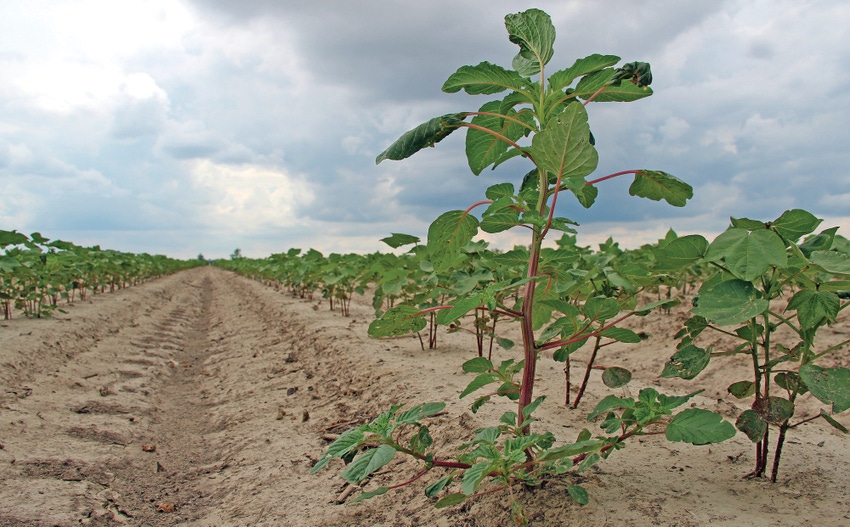September 17, 2014

I recently returned from the Herbicide Summit II in Washington. The first summit was held two years ago, and after it I expressed disappointment in that meeting. This year’s meeting, however, deserves high compliments. It was a dramatic turnaround and improvement over the first. From beginning to end, it was the best group of speakers I have heard in a long time. Of course, someone can give an excellent presentation and not say anything. While a couple of speakers missed the mark for me, overall the content was very good.
Herbicide resistance management in the real world is a very complex issue. The speakers failed to address some of those issues, but in fairness I am not sure how one would address them. The main thing I took home from the meeting was our key leadership in both the Weed Science Society of America and within various federal agencies in Washington finally “get it” when it comes to the threat this issue poses to agriculture globally.
I was extremely pleased that the meeting did not turn into a finger pointing or gripe session, and that all of the blame was not directed toward the farmer.
One of the first talks dealt with Understanding the Decision Making Process. The speaker was arenowned social scientist and an excellent presenter. You don’t have to know me very well to know sociology is not my cup of tea. Thankfully we are not all alike and it is good that some are thinking differently about this issue — differently than I do.
The sociologist described herbicide resistance management (HRM) as a “wicked problem.” I certainly had to agree with him on that. It is nice that a scientist outside of agriculture can see that simple fixes such as just switching to the next new trait is not going to solve the problem. He dealt with a lot of interesting aspects of the holistic approach that will be required for success. However, when you move to the real world, providers of the next new traits are going to put a lot of the components of a holistic approach into a box.
As I have stated frequently, marketing managers in chemical and seed companies will be the ones that determine where our weed management programs are heading. While I sure did not know everyone in attendance at the summit, it appeared that marketing managers were conspicuously absent. Research scientists in both the public and private sectors generally agree on the science involved in resistance management. However, much of the science gets lost in marketing. Marketing folks get rewarded for what they sell this year — not for having a nice five-year holistic plan.
I believe it will take several more years to fully realize all potential impacts of the shift of weed control dollars from herbicides to seed traits.
One thing everyone would agree on is the registration and approval process for new trait technologies is happening much slower than we had hoped. Every time you hear a company person reporting on a particular new trait, the anticipated approval dates are pushed back even further. The desired stacks with some of these traits seem to be getting pushed back further than that. That presents the dilemma that if the companies cannot work together to promote diversity among the trait technologies, all could ultimately fail prematurely. That means the rewards system for marketing folks may have to change.
A clod-kicking weed scientist sure does not know where to begin to tackle an issue of that magnitude. Perhaps our social science community can. The speaker did not go there , because it was not the right time and place. However, he acknowledged it is a major issue — another reason HRM is a “wicked problem.”
e-mail Ford Baldwin at [email protected].
About the Author(s)
You May Also Like




